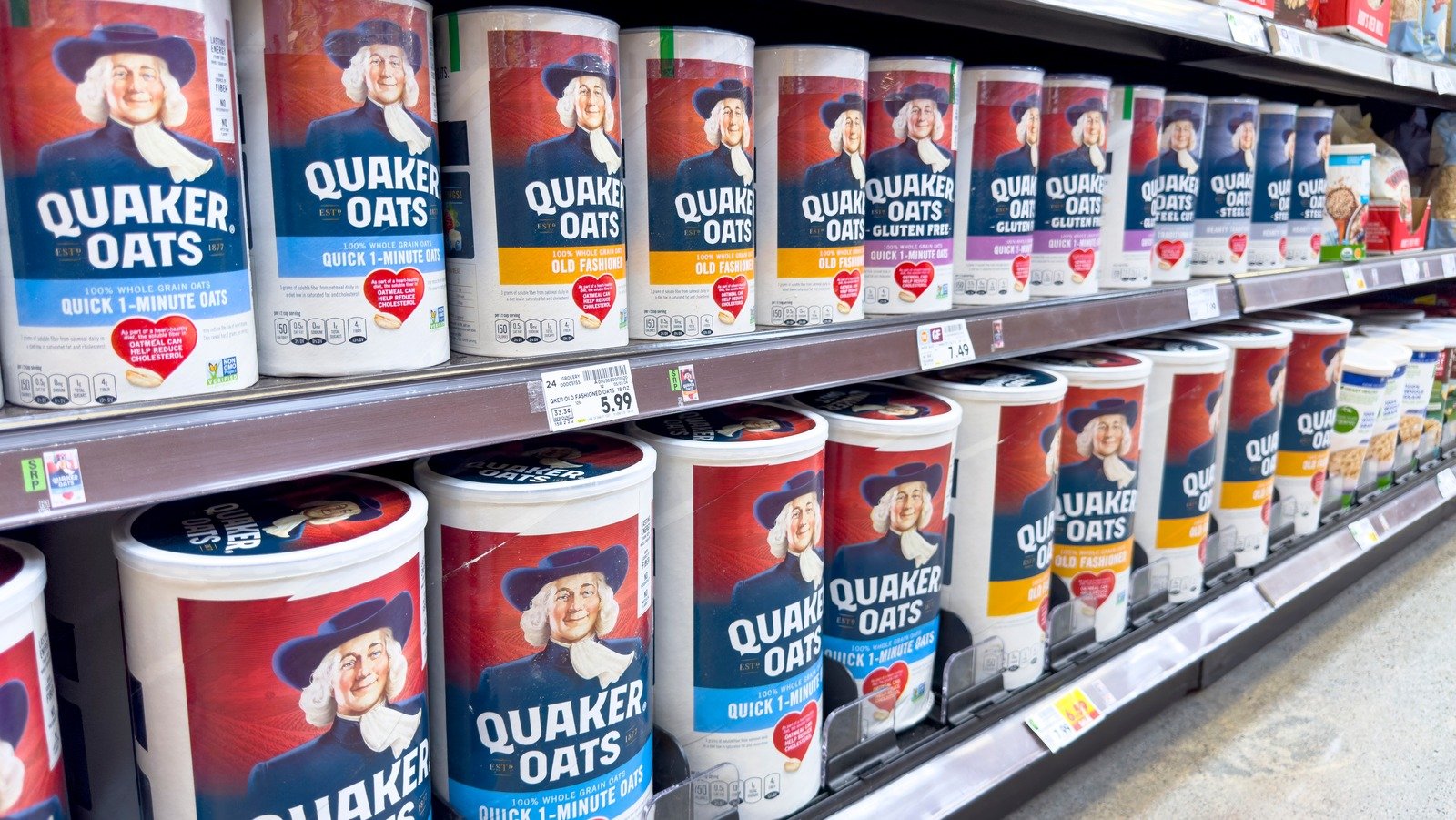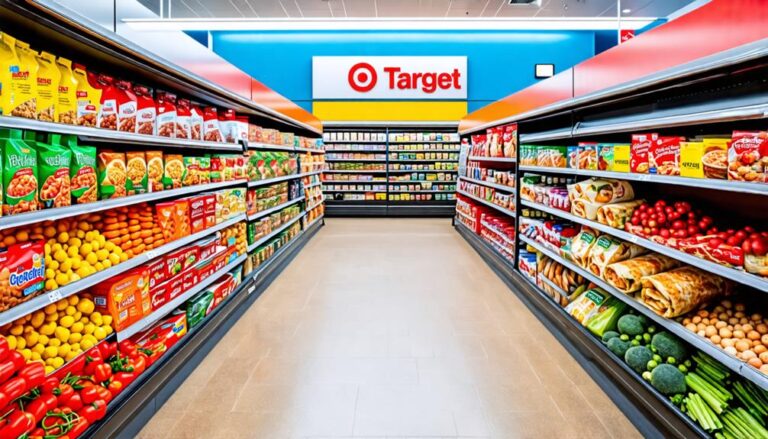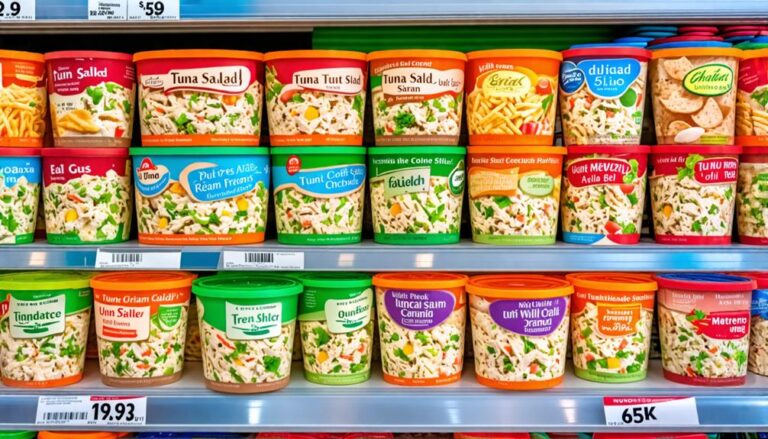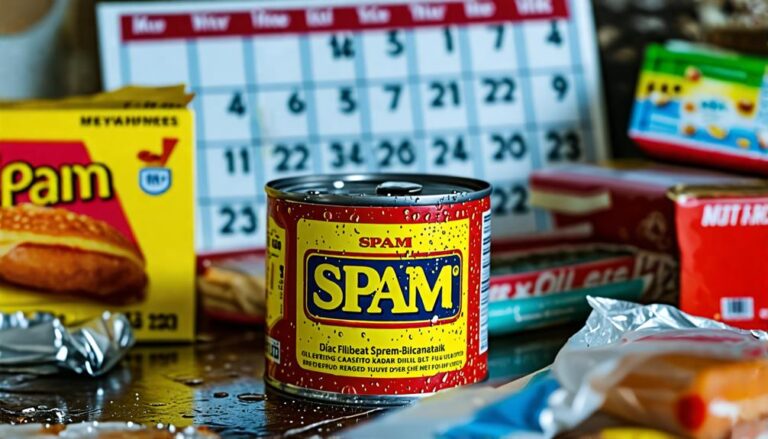The Major Food Recalls in Quaker Oats History: What You Need to Know
Quaker Oats, a trusted name in the food industry, has been around since 1877, providing consumers with a variety of wholesome products. However, the brand has faced several notable food recalls over the years that raise questions about food safety and quality. Understanding these recalls not only informs consumers about the risks associated with some food products but also illustrates the company’s accountability in addressing food safety issues.
A Recent Salmonella Scare
In December 2023, Quaker Oats faced its most significant recall to date due to the risk of salmonella contamination. Around 40 granola-based products, including popular Chewy bars and cereals, were pulled from store shelves. This recall extended nationwide, affecting all 50 states as well as territories like Puerto Rico and Guam. The scope of the recall expanded in January 2024 to include various other products. Although there were no reported illnesses linked to the affected items, the incident caused a dip in the company’s earnings, leading to the closure of the plant associated with the contamination.
Allergy Risks Over the Years
Allergens have been a common cause for Quaker Oats recalls. For instance, in early 2021, the company recalled Sweet Barbecue Rice Crisps due to the undeclared presence of soy, a potential hazard for those with soy allergies. The recall covered 4,550 bags distributed across 21 states. Similarly, in 2011, a batch of Quaker Chewy Smashbar Graham Pretzel bars was recalled because the packaging failed to alert consumers about the possibility of containing milk, following a report of an allergic reaction.
Historical Salmonella Recalls
Long before the recent incidents, Quaker Oats was involved in earlier salmonella-related recalls. In 2018, a small issue with the Peanut Butter Crunch flavor of Cap’n Crunch led to a recall affecting only five stores. The recall was minor but indicative of the company’s vigilance. Fast forward to 2008, when a salmonella risk led to three varieties of Aunt Jemima pancake and waffle mix being recalled. This incident illustrated how even well-established brands can face food safety threats.
Listeria Concerns That Sparked Action
In 2016, Quaker Oats initiated a recall on two flavors of its quinoa-based granola bars due to potential listeria contamination traced back to sunflower kernels supplied by a vendor. The recall spanned nationwide, showcasing Quaker Oats’ commitment to consumer safety by addressing risks before any illnesses were reported.
Toy-Related Recalls: A Blast from the Past
Interestingly, not all recalls were due to health concerns. In 1993, Quaker Oats had to recall several cereal boxes after a rubber toy included in the packaging caused injuries to children. This recall of 8.3 million boxes highlighted the diverse nature of product safety issues, extending beyond food contaminants to potential physical hazards.
A Legacy of Accountability
Throughout its long history, Quaker Oats has consistently addressed product safety concerns, often taking proactive measures to protect consumer health. The brand’s willingness to recall products, whether due to allergens, bacterial contamination, or safety risks associated with packaging, emphasizes its commitment to food safety and quality.
These recalls serve as important reminders to consumers about the importance of staying informed regarding food product safety. While Quaker Oats continues to provide high-quality products, understanding past precautions can foster a better appreciation of the complexities involved in food manufacturing and safety protocols.
In wrapping up, knowledge is power when it comes to food safety. By staying informed about the history of product recalls and the reasons behind them, consumers can make better decisions for themselves and their families. Quaker Oats’ addressal of these issues reflects the ongoing evolution of food safety standards in an increasingly aware consumer market.




